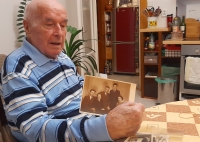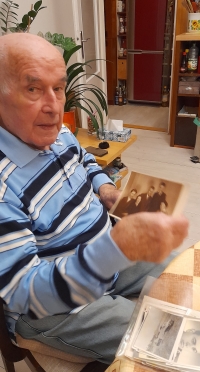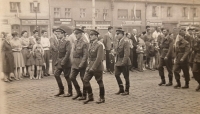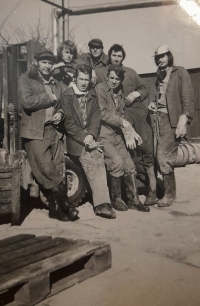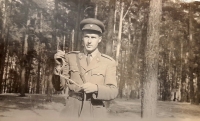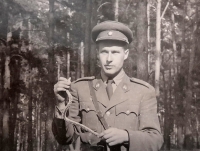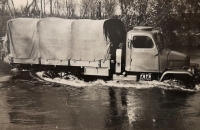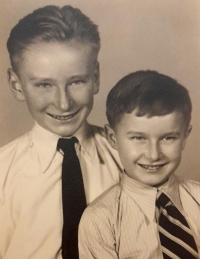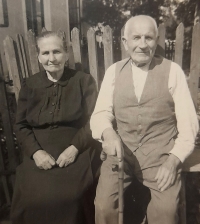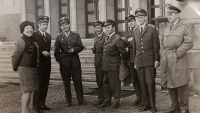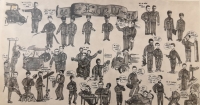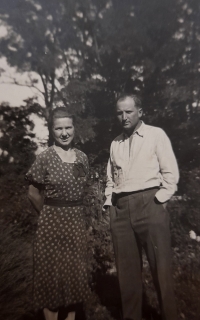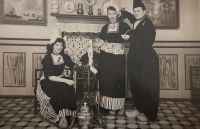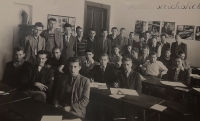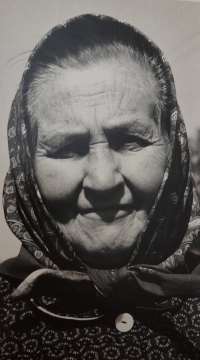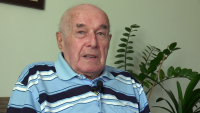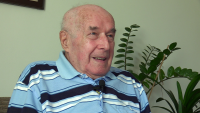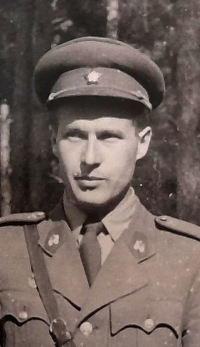From being a captain of the Czechoslovak People’s Army to a dustman
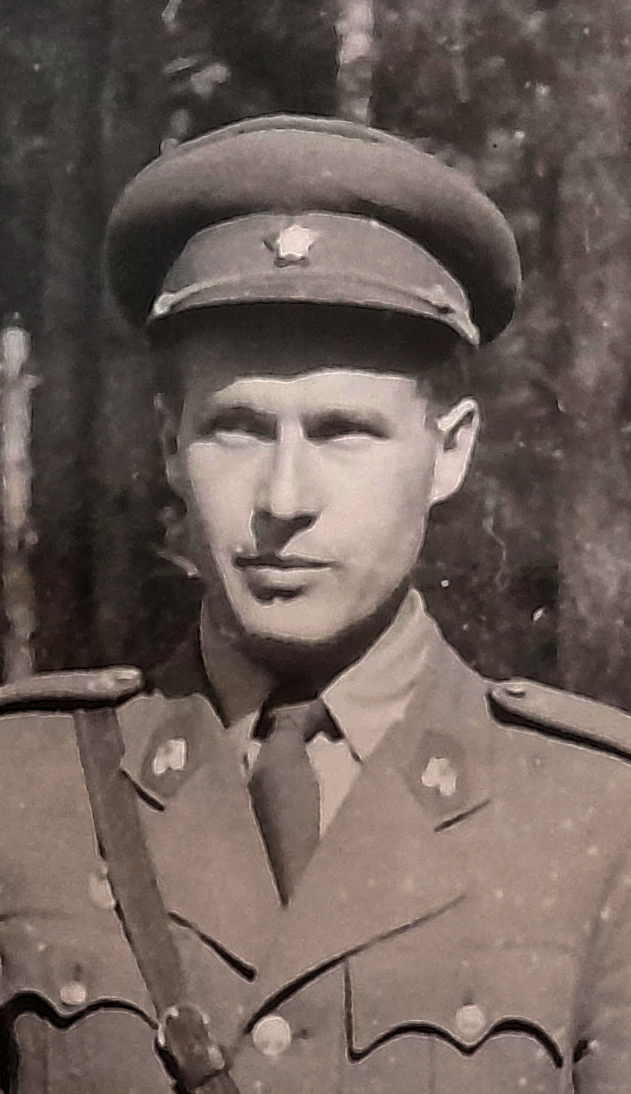
Download image
Miroslav Mánek was born on 26 May 1935 in Prague into the family of Zdeňka and Josef Mánek. He had an older brother Josef. His father came from Kosořice near Mladá Boleslav, graduated from an economics school and worked as a clerk at the Ministry of Public Works. His mother came from the Moravian village of Bořitov and she had primary education. The witness spent the war with his grandparents in Bořitov and returned to Prague to live with his parents in 1945. At the beginning of the 1950s, he started his apprenticeship at Tatra as a locksmith, but soon the company offered him the opportunity to graduate from secondary technical school. He did not return to Tatra after his studies, but thanks to recruitment he decided to study at a military school, from which he graduated as a certified technician specializing in automotive and aircraft engines. He joined the Communist Party of Czechoslovakia and served in Prague at the headquarters of the 1st Military District. In the 1960s he was in charge of a passenger car fleet as a commander. After the abolition of the headquarters of the 1st Military District, he was transferred to Rožmitál to the state air defence battalion, where he and his colleagues were tasked with escorting missile movements to trainings and making sure that classified movements were not followed by unwanted observers. In 1962, he agreed to transfer to military counter-intelligence, where he served until 1967. He was not satisfied with the workload, so he applied to rejoin the army. In 1967, he was transferred to Kbely airport, where he was again in charge of the fleet. In August 1968, during the invasion of the Warsaw Pact troops, he had tanks and cranes brought to the runway to prevent any Soviet machines from landing in Kbely. Due to his doubts about the justification of the existence of the People’s Militia and his opposition to the entry of armies, he was expelled from the party, degraded and dismissed from the army after the 1968 occupation. In the 1970s he found it difficult to find work until he was employed by Prague Communications as a dustman, and he also occasionally worked as a tour coaches driver. From 1973 he worked in the so-called battery factory (Czechoslovak Automotive Repair Works, car battery department). There he worked as a worker at the high-risk workplace for the next 17 years. After November 1989 he applied for reactivation and returned to the army. He served as a lieutenant colonel at the air force and air defence headquarters in Stará Boleslav and then at the general staff in Prague. In 2023 he was living in Prague.
